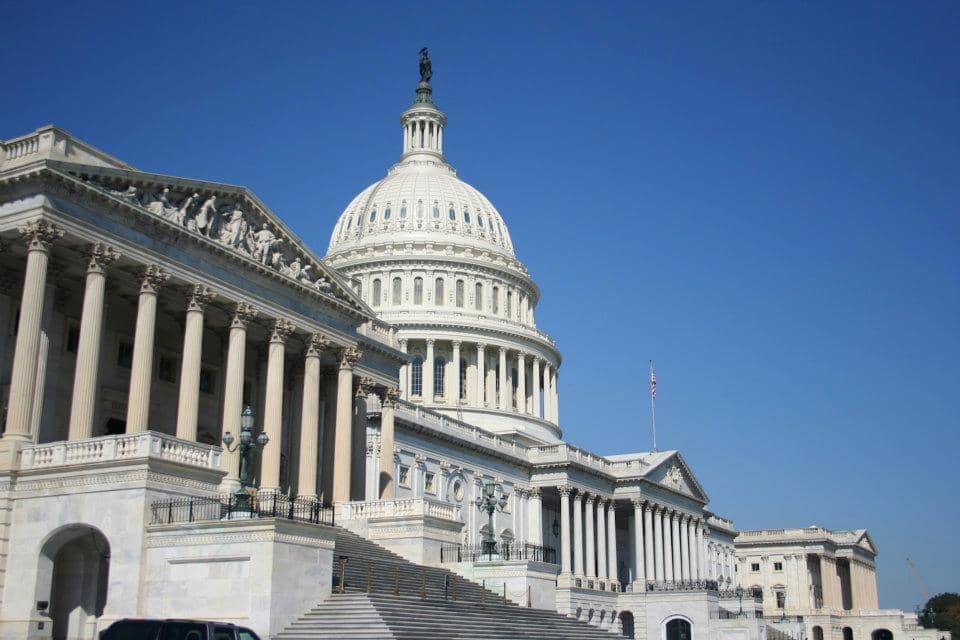

WARWICK, RI — Congressman Jim Langevin (D-RI) and David Cicilline voted in favor of H.R. 1230, the Protect Older Workers Against Age Discrimination Act, on Wednesday, setting the burden of proof in age discrimination cases to age as a motivating factor, not the sole factor.
The change undoes a 2009 a U.S. Supreme Court ruling that changed the burden of proof on employees alleging age discrimination requiring proof age was the decisive and determinative cause for action, not just a motivating factor, which can be very challenging for workers.
Prior to 2009, the “mixed-motive” standard required the complaining party to only prove that age was one of the motivating factors behind the employer’s adverse action, such as employment termination.
Earlier in the day, Langevin spoke on the House floor in support of the legislation. The bill passed the House by a vote of 261-155.
“It’s unacceptable that the number of older Americans experiencing discrimination in the workplace is on the rise,” said Langevin. “Congress should be advocating for hard-working people who contribute to the success of our nation. With Rhode Island’s aging population, we need to reverse the misguided Supreme Court decision that is making it harder for Americans to make a living and support their loved ones.
A 2009 U.S. Supreme Court ruling changed the burden of proof on employees alleging age discrimination under the Age Discrimination in Employment Act (ADEA). The prior “mixed-motive” standard required the complaining party to only prove that age was one of the motivating factors behind the employer’s adverse action like employment termination. Under the 2009 ruling, those alleging age discrimination had to prove it was the decisive and determinative cause for action, not just a motivating factor, which can be very challenging for workers, according to a statement from Langevin’s office.
The 2009 standard is also different than what is required for workplace discrimination claims based on race, religion, sex, or national origin. According to a study, more than six in 10 workers ages 45 to 74 report seeing or experiencing age discrimination on the job.
“Job security is critical for self-sufficiency, but the data shows a clear rise in older individuals either losing employment or facing daunting challenges to reenter the workforce because of bias,” said Langevin. “This is an alarming trend to say the least and highlights the need for this bipartisan legislation. Even more, with Americans working later in their lives this is vital to shielding those who may experience age-related health changes. From high healthcare costs to employment barriers, seniors and people with disabilities face enough challenges that are pushing them to the brink. As a nation, we should strive for reforms that protects their rights and prevents their exploitation and abuse.”
This is a test

